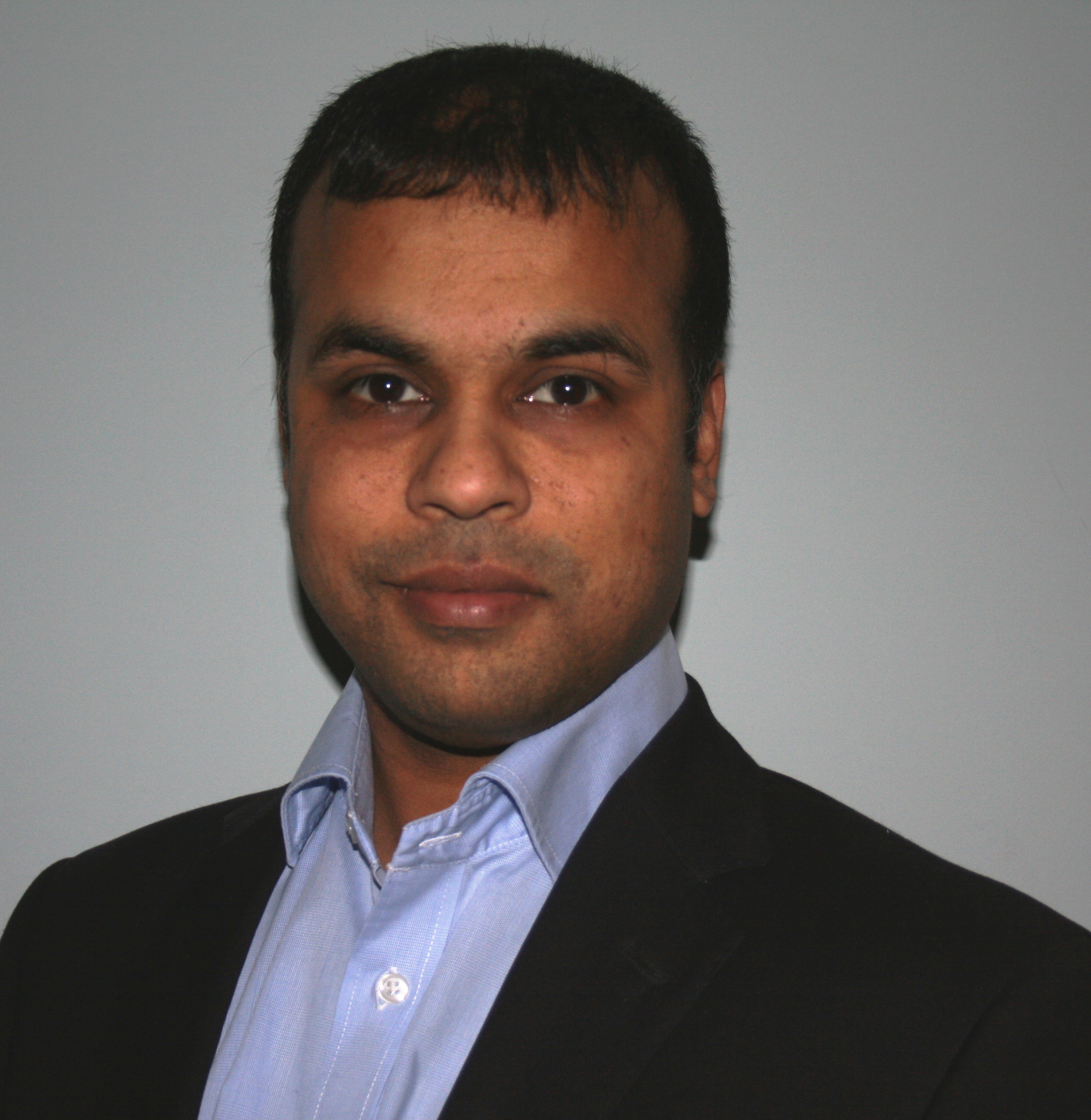 Our Fetal Alcohol Spectrum Disorder (FASD) expert Raja Mukherjee looks back on 20 years of progress ahead of International FASD day, on Friday 9 September.
Our Fetal Alcohol Spectrum Disorder (FASD) expert Raja Mukherjee looks back on 20 years of progress ahead of International FASD day, on Friday 9 September.
Along with the awareness day, it will also be my twentieth year of being involved in some ways to help raise the profile of this condition. It remains something that to some degree, I am associated with in the UK and internationally. Twenty years ago, there was very little, if any, recognition of the condition at all. At that time, focus was purely on physical features rather than understanding how the wider condition presented, what could be done about it and ultimately what help could be offered to families and individuals to have a better quality of life. At that time the deficit base model of difficulty predominated people’s thinking. This model focuses on negative outcomes, such as people becoming ill.
Over the last twenty years this has changed. Now we try to move to building on people’s strengths. There has been much progress in the FASD world, both here in the UK but also internationally. I have been fortunate to be able to play a part in some of this.
There now seems to be a momentum growing with increased recognition generally including publication of a Department of Health FASD health needs assessment, a NICE FASD Quality Standard and a couple of good practice guides from Scotland and England. Further afield, research funding and research collaboratives in the UK are growing which have led to developing interventions which are improving the quality of lives for people with FASD. There is now something that can be done once a diagnosis is made. It stops the “so what” question in its tracks.
Surrey has been at the forefront of helping lead this change with my clinic for FASD being established here. This was the first specialist clinic of its kind in the UK and remains a tier 4 national service with an international reputation. This was followed in Surrey by the first pathways for children using a hub and spoke model of delivery and finally, the first place in the UK to also have an adult pathway for a limited number of people. Whilst numbers that can be seen remain far lower than the potential demand, most recent estimates suggest 2 to 4% of the population may well have FASD, progress is being made. FASD is now recognised and part of the pathways that other areas will look to model.
If this was the start, it would be easy to look forward and say there are simply too many challenges to do anything, yet for me, looking back twenty years, I can see the progress that has been made as well as the journey that still needs to be made. Hopefully the progress will continue now at pace.
Raja Mukherjee, Consultant Psychiatrist, Fetal Alcohol Spectrum Disorder Service.